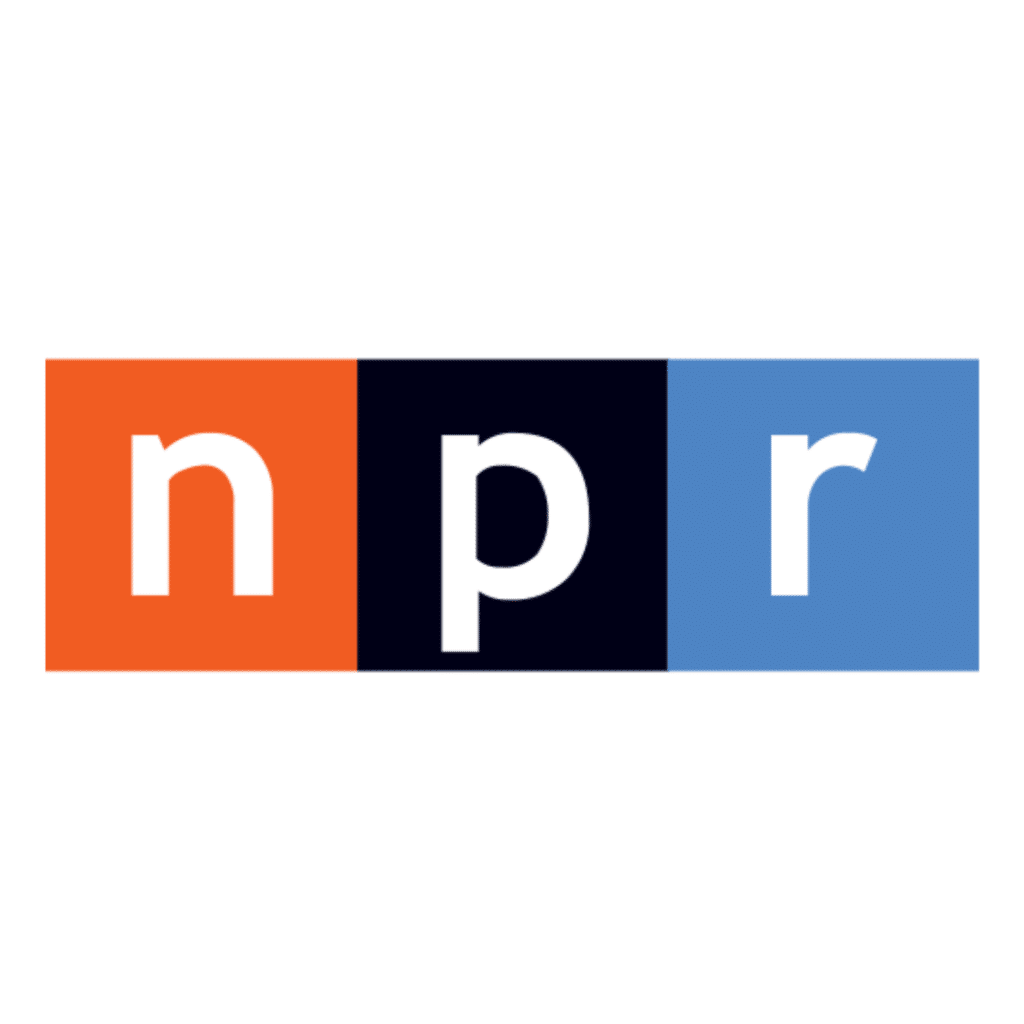
1 in 10 eligible U.S. voters say they can’t easily show proof of their citizenship
BY HANSI LO WANG, NPR — JUNE 11, 2024
Top Republicans are lining up behind a proposal to require proof of U.S. citizenship for voter registration in federal elections. But for millions of U.S. citizens, it’s not easy to prove their citizenship with a document.
About 1 in 10 adult citizens, or 21.3 million eligible voters, say they either do not have or could not quickly find in order to show the next day their U.S. birth certificate, passport, naturalization certificate or certificate of citizenship, according to results released Tuesday from a national survey.
The new findings, shared first with NPR, also show disparities by race, ethnicity and political affiliation.
U.S. citizens of color are more likely than white citizens, who do not identify as Latino, to say they lack citizenship documents (3% of people of color compared to 1% of white people) or can’t readily access them (11% of people of color vs. 8% of white people). Independents are more likely to report that they don’t have documents (4%) compared to Democrats (2%) and Republicans (1%). They are also more likely to report not having ready document access (13%) than Democrats (10%) and Republicans (7%).
The results fall in line with longstanding concerns among many election experts and voting rights advocates, who have warned that proposals — including the new Republican-backed bill in the U.S. House of Representatives — to require people to show documentary proof of citizenship when signing up to vote in federal elections could risk keeping eligible voters from casting ballots.
“We’ve got a huge crisis on our hands when we think about the people who lack the documents required to prove their citizenship and identity. And we really need to think about the far-reaching implications for that when it comes to economic and social and voting access,” says Lauren Kunis, executive director of VoteRiders, a voting rights organization focused on voter ID issues that sponsored the survey alongside groups including the Brennan Center for Justice at New York University’s law school and the University of Maryland’s Center for Democracy and Civic Engagement.
